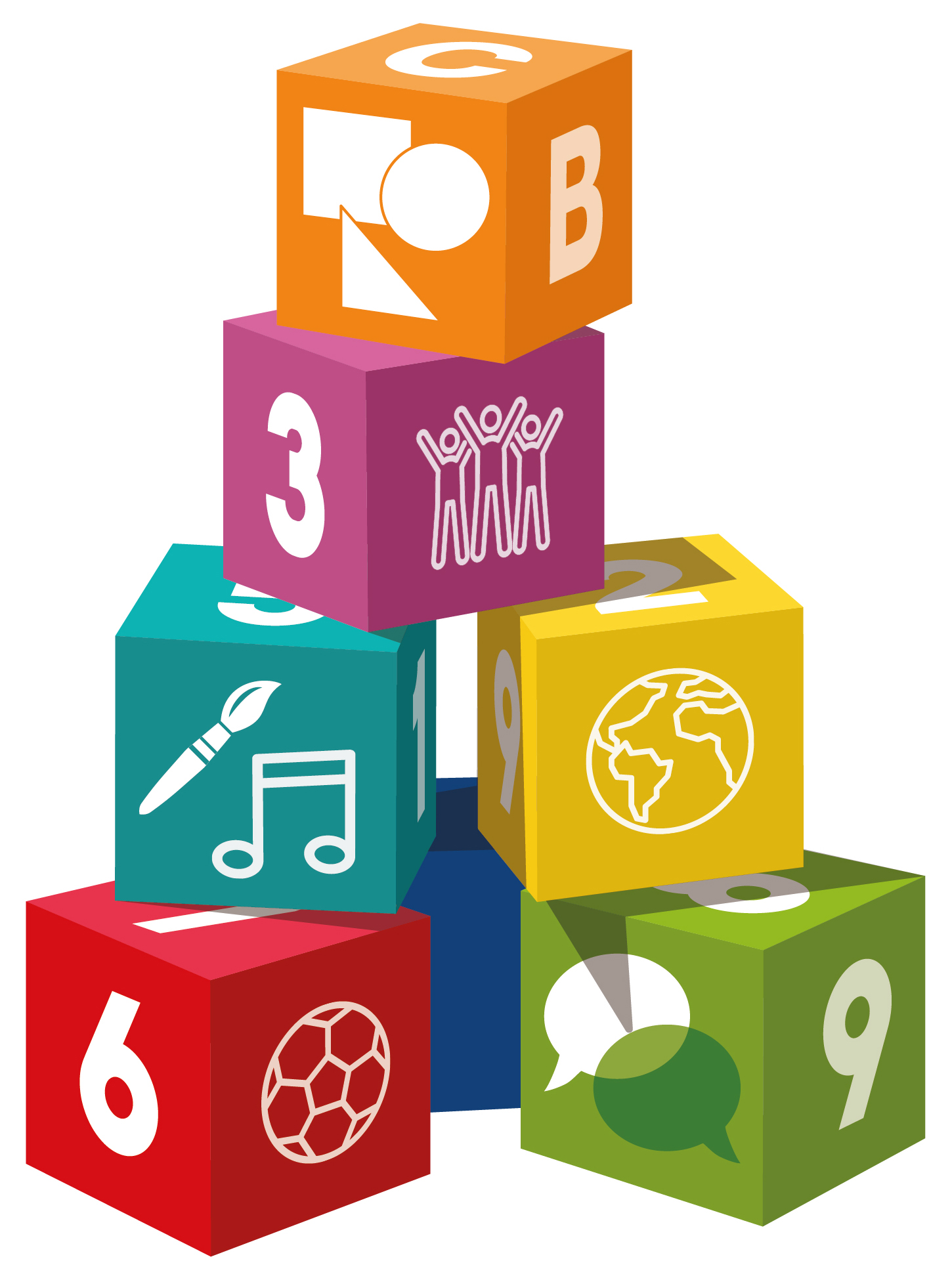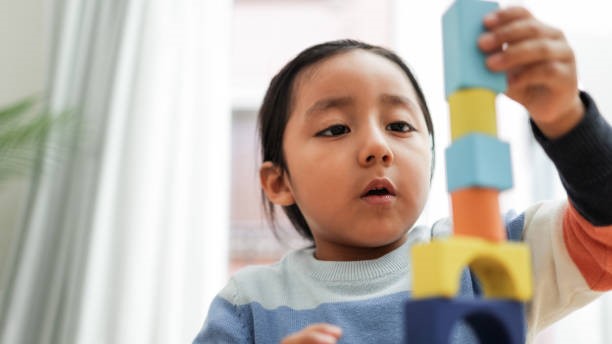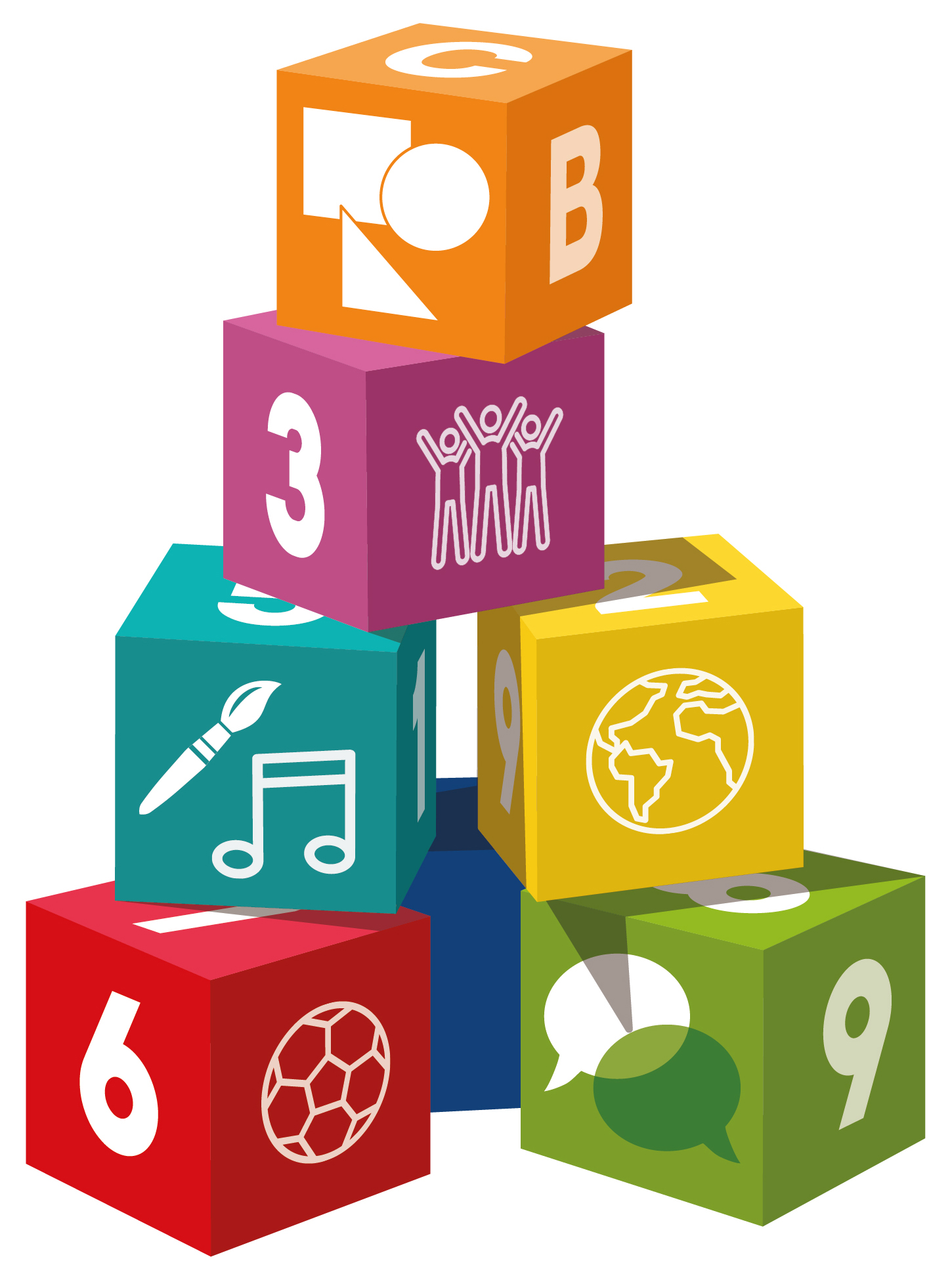Teaching and Learning Approaches
Teaching and learning approaches to the curriculum areas

The holistic approach to Early Years describes how all of the Cambridge Early Years curriculum areas are equally important and interconnected. It is therefore recommended that the content from these areas is taught in an interconnected and holistic manner. The following information will however support you to consider the teaching and learning approaches that are specific to each curriculum area.
Personal, Social and Emotional Development
|
A key factor in enabling personal, social and emotional development is to ensure that you provide a learning environment that promotes a sense of security and belonging - a safe place where children can express their feelings and ideas comfortably and confidently. The way you respond to individual children should support them in talking through, developing and managing their learning and behaviour. You should look for opportunities to model and develop personal, social and emotional skills in learning across all parts of the curriculum and in everyday routines. |

Developing children’s independence is a key part of personal, social and emotional development. You should encourage independence in all activities in which it is safe to do so - offering help only once a child has tried for themselves, identified a need for help and has asked for it. Depending on what children need help with, this help may just be verbal support. Give children time to apply their developing skills and praise them for their efforts, not just their successes.
Having clear routines and expectations of behaviours will also support children’s independence, especially when you can work with parents and carers to promote some consistent expectations at home as well as in your setting, for example, taking off their coat when coming in from outside and hanging it up.
It is important to remember that, just like learning to walk, read or count, engaging well with others and conforming to social expectations around behaviour is a skill that is learned. This means that children will make mistakes and they need to be supported and encouraged rather than just ‘told off’.
|
Children’s social learning is influenced by two factors:
- their interactions with others (including familiar and unfamiliar adults, siblings and peers), which provide opportunities for observing, copying and practising social skills.
- their understanding of effective social skills, for example, how to cooperate with others, how to deal with conflict.
You can address the above factors by:
Approach |
Example / explanation |
|
Creating a learning environment that promotes development and interactions |
 |
For example:
|
Recognising the importance of communication and language development |
 |
Communication skills are crucial to the development of social learning, enabling a child to understand others and respond to them, expressing feelings and ideas in a way that can be understood. Crucially, this relies on effective development of vocabulary and language through speaking and listening, before focusing on reading and writing later. Providing opportunities for regular involvement in discussions in one-to-one and group situations helps children to confirm and develop their understanding and feelings. Group play and other cooperative activities which involve verbalisation are also useful. |
Actively promoting development across the curriculum |
 |
This could include talking about:
|